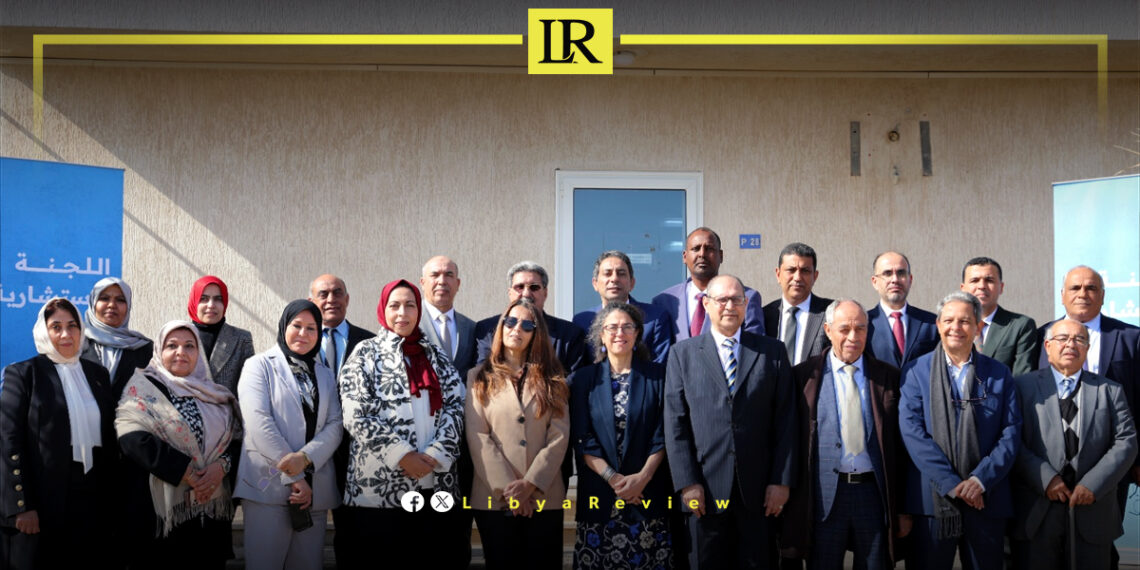The Advisory Committee convened its first meeting at the headquarters of the United Nations Support Mission in Libya (UNSMIL) in Tripoli, marking a pivotal step in advancing the country’s political roadmap.
Stephanie Khoury, Deputy Special Representative of the UN Secretary-General, emphasized the committee’s crucial role within Libya’s inclusive political process. She reiterated that the initiative, led and owned by Libyans, is designed to break the ongoing political deadlock.
Khoury clarified that the advisory committee is not a decision-making body. Instead, its primary function is to develop technically sound and politically viable proposals to address contentious issues within the electoral framework.
She further stressed that the committee operates within a defined timeframe, with its recommendations set to be submitted to UNSMIL. These findings will play a critical role in supporting Libyan institutions and decision-makers as they work toward facilitating national elections.
Libya has been in chaos since a NATO-backed uprising toppled longtime leader Muammar Gaddafi in 2011. The county has for years been split between rival administrations.
Libya’s economy, heavily reliant on oil, has suffered due to the ongoing conflict. The instability has led to fluctuations in oil production and prices, impacting the global oil market and Libya’s economy.
The conflict has led to a significant humanitarian crisis in Libya, with thousands of people killed, and many more displaced. Migrants and refugees using Libya as a transit point to Europe have also faced dire conditions.
The planned elections for December 2021 were delayed due to disagreements over election laws and the eligibility of certain candidates. This delay has raised concerns about the feasibility of a peaceful political transition.
Despite the ceasefire, security remains a significant concern with sporadic fighting and the presence of mercenaries and foreign fighters. The unification of the military and the removal of foreign forces are crucial challenges.


